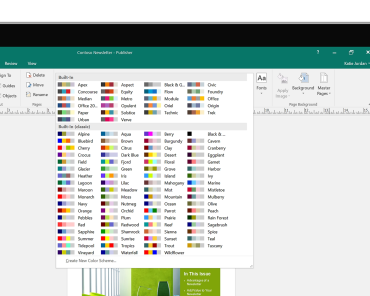Microsoft removed Teams from Office 365 to address global antitrust concerns, and this change will reshape how users access collaboration tools, especially in enterprise environments.
Why Microsoft Had to Unbundle Teams from Office 365
Microsoft’s decision to remove Teams from its Office 365 and Microsoft 365 bundles stems from mounting antitrust pressure, particularly from the European Commission. The core issue was that bundling Teams with Office gave Microsoft an unfair advantage over competitors like Slack and Zoom. Slack filed a formal complaint in 2020, arguing that Microsoft’s integration of Teams into its dominant productivity suite stifled competition.
To preempt further legal action and potential fines — which have already cost Microsoft over $2.4 billion in the EU over the past decade — the company began unbundling Teams in Europe in late 2023. As of April 1, 2024, this change has gone global.
What’s Changing for Users in November 2025
Microsoft now offers Office 365 and Microsoft 365 plans without Teams, alongside a standalone Teams SKU. This affects new enterprise customers worldwide, while existing subscribers can continue with their current plans or switch.
Key impacts include:
- New pricing structure: Office plans are now slightly cheaper, but adding Teams costs might seem higher user/month.
- More purchasing decisions: IT admins must now evaluate whether to license Teams separately or consider alternatives like Slack or Zoom.
- License complexity: Organizations face more fragmented licensing, especially when managing renewals, upgrades, or regional deployments.
- Strategic vendor choices: Businesses may reassess their collaboration stack, especially if they were using Teams primarily because it was bundled.
Broader Implications
This move signals a shift in how tech giants approach bundling. For Microsoft, it’s a balancing act between regulatory compliance and maintaining its ecosystem’s appeal. For users, especially in enterprise IT, it introduces more flexibility but also more complexity.
Small businesses and frontline workers are less affected, as Microsoft continues to offer bundled plans for those segments. However, enterprise customers must now make deliberate choices about collaboration tools, which could lead to increased adoption of competing platforms.
What everyone needs to do?
- Review current licensing: Understand which SKUs are affected and whether renewal paths include Teams.
- Evaluate alternatives: If Teams isn’t essential, consider Slack, Zoom, or Google Meet.
- Plan for cost impact: Adding Teams separately may increase per-user costs depending on your deployment scale.
Microsoft’s unbundling of Teams is more than a licensing tweak — it’s a regulatory milestone that reshapes the productivity landscape. For users, it’s a chance to rethink collaboration tools with clarity and choice.








